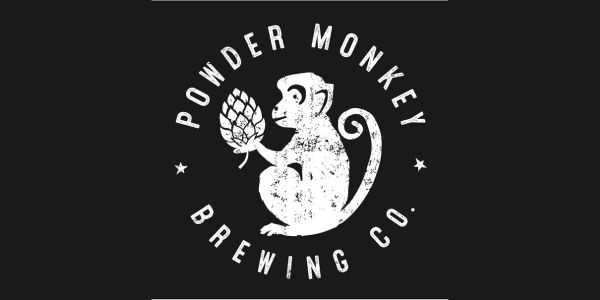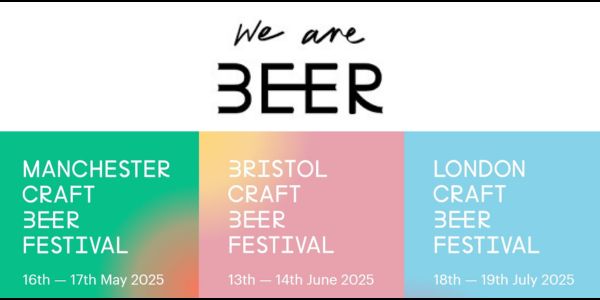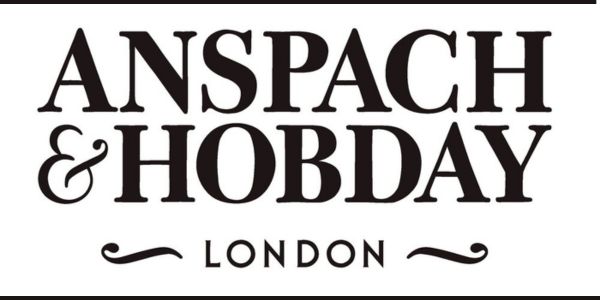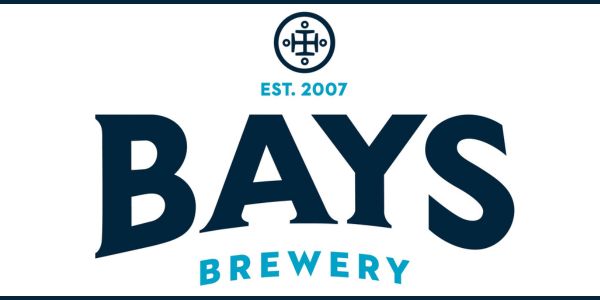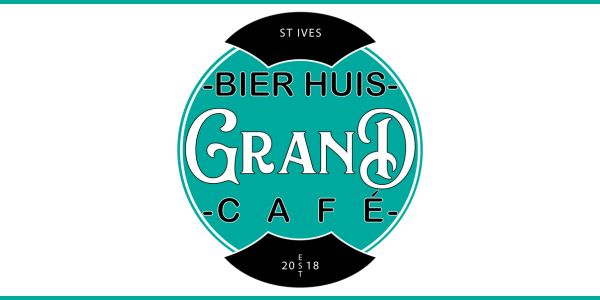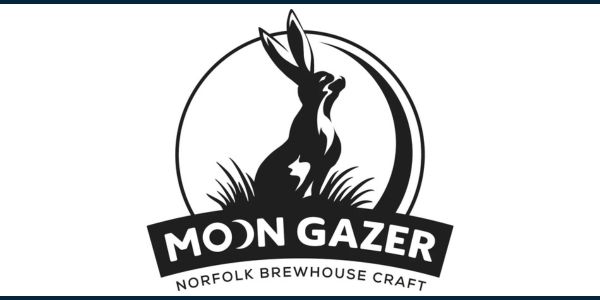The UK has one of the lowest percentage of female beer drinkers in the world, despite the much-lauded craft beer boom.
Outdated sexist marketing, fear of the beer belly, and negative perceptions about flavour are all contributing to British women spurning the national drink. These are the findings in a new report into female attitudes and behaviours towards the UK’s favourite alcoholic drink.
 Beer sommelier and Dea Latis director, Annabel Smith
Beer sommelier and Dea Latis director, Annabel Smith
The Gender Pint Gap report, released by the women and beer group Dea Latis, is the first major piece of research about female attitudes towards beer in almost a decade. In a fast-moving consumer landscape that has seen a huge rise in the number of breweries and beer brands in the UK, the report reveals:
- Only 17% of women drink beer at least once a week (compared to 53% of men).
- Male-oriented advertising is one of the three main barriers for more than a quarter (27%) of women drinking beer, rising even higher for the 18- to 24-year-old female group to almost half (48%).
- A fifth of women say that high calorie content is one of the three main barriers for women drinking beer.
- 17% of women feel that ‘being judged by others’ is one of the three biggest barriers to drinking beer.
- 32% of women would now drink beer at home with friends, compared to just 3% of women in another survey about women’s drinking habits and their relationship with beer in 2009.
- Taste is the great divide: of the women who drink beer, 56% do so because they like the taste; conversely, of the women who never drink beer, 83% do so because they don’t like the taste.
The research, conducted by YouGov, was commissioned by Dea Latis, the group set up to inform and educate women about beer and to choose beer as a drink of choice. They wanted to examine whether the UK’s craft beer boom in the last decade has inspired more women to drink beer.
Comparing their statistics to a similar piece of research conducted in 2009, it appears that female attitudes, perceptions and beliefs about beer have not changed much, beyond a stronger trend to drinking beer at home. The report, say the authors, begs the question: why is the beer industry not tapping into this female market with an image overhaul?
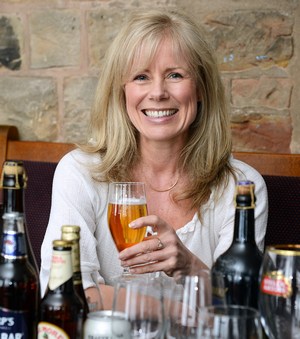 Co-author of the report, Lisa Harlow
Co-author of the report, Lisa Harlow
Beer sommelier and Dea Latis director, Annabel Smith, said: “We know that the beer category has seen massive progress in the last decade — you only need to look at the wide variety of styles and flavours which weren’t available widely in the UK ten years ago. Yet it appears the female consumer either hasn’t come on the same journey, or the beer industry just isn’t addressing their female audience adequately.
“Overtly masculine advertising and promotion of beer has been largely absent from media channels for a number of years, but there is a lot of history to unravel. Women still perceive beer branding is targeted at men.”
Co-author of the report, Lisa Harlow, added: “Our research has shown many misconceptions which women still hold about beer, such as calorific content, self-image and preconceptions about taste.
“It was disheartening in our supposedly enlightened times that so many of our female respondents cited ‘being judged by others’ as a reason for not drinking beer. Perhaps we need some high-profile celebrity advocates to show women that it is acceptable to drink beer?”
Important research
Beer writer, sommelier cicerone, Melissa Cole, said of the report: “An important piece of research that’s based on intelligent and insightful questions to unearth the simple ways the beer industry has managed to disenfranchise women from their once-loved drink over the last 70 years or so.
“It highlights everything from societal pressures to inappropriate serves to ingrained misogyny and more as just some of the issues and challenges the brewing industry to do something about it.
“But it’s not just criticism, it’s got rational advice on how the new, and old, guard of brewing can make beer relevant to 51% of the population again; but it’s also only just the start and I hope more long-overdue funding is provided to help address this issue.”
Jane Peyton, Beer Sommelier, writer, and founder of the School of Booze said: “The stats are fascinating and so insightful. I learned a lot about attitudes. This report should be read by everyone who makes and sells beer.”
The report concludes with a Beer Drinking Women’s Manifesto which urges women who drink beer to become advocates, encouraging sampling, asking for different volumes and glassware, and dispelling myths about calories and acceptability.

